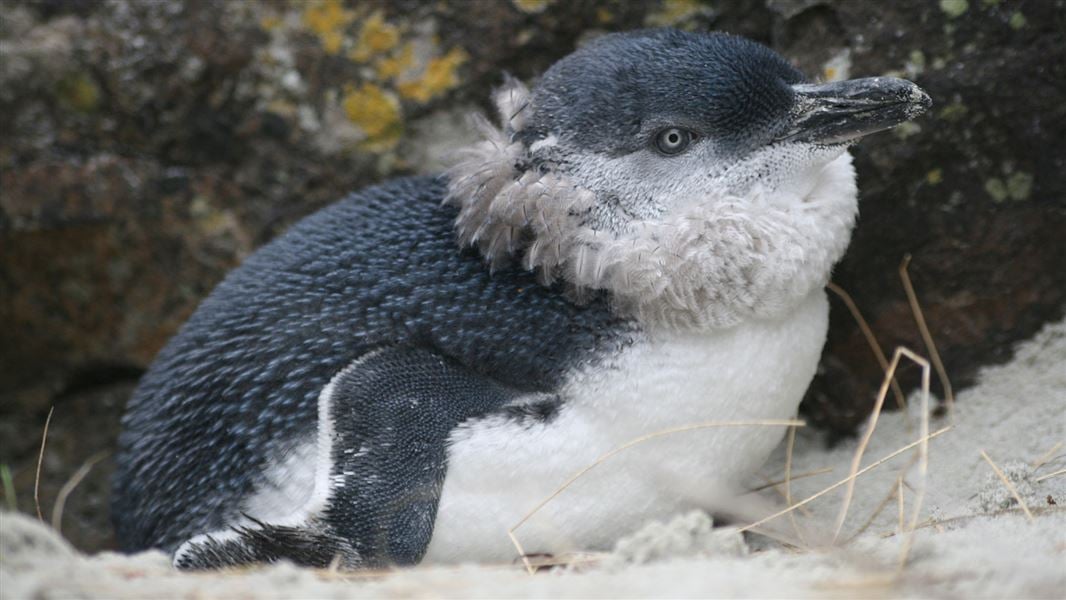Archived content: This media release was accurate on the date of publication.
Date: 01 December 2021

If you have information about this dog please contact 0800 DOC HOT (0800 362 468)
Image: DOC
Department of Conservation (DOC) Investigations Team Lead Dylan Swain says although DOC staff are still waiting for genetic test results, evidence indicates a dog was responsible.
“Necropsy results do show the likely cause of death was a result of a dog attack, and we have received an image of a dog in the area in the early morning of the day the kororā was found. We are encouraging anyone with more information to come forward.”
Dog owners can face penalties and/or prosecution for their dogs causing injury or death to wildlife and DNA matching can be used to identify the dog(s) responsible.
Kororā are protected under the Wildlife Act and are classified as at risk or declining. Dylan Swain says the loss of this animal was completely preventable.
“Although what has happened here is very sad, it is not surprising. There is a need for dog owners to better understand the serious risk their pets pose to native wildlife. It is a dog owner’s responsibility to know the rules and always keep an eye on their pets.
“Ground dwelling native birds don’t naturally co-exist with dogs, and they can’t escape easily – it takes just a second for a dog to cause a fatal injury to a penguin, which is what we have seen here.”
If you come across wildlife, dogs must be put on a lead and moved away. If you see wildlife being harassed by people or dogs, contact 0800 DOC HOT.
Waiheke has numerous designated areas for dog walking that have been chosen for their suitability for dogs and their owners to enjoy exercising together in responsible ways. These can be found on the Auckland Council website: Find where and when you can walk your dog.
Any information relating to this, or any other allegations of New Zealand native wildlife crime should be directed to 0800 DOC HOT or wildlifecrime@doc.govt.nz.
Background information
Dog behaviour
Read about how to keep wildlife safe when out with your dog:
- How to keep wildlife-wise with your dog on beaches webpage
- Take a moment to refresh in nature with your dog blog post
- Dog owners: seven simple steps to share the beach blog post
If you find a dead or injured penguin
If you find a dead penguin, leave it alone. Community groups regularly count dead seabirds and will remove them from beaches.
If a sick penguin is at risk from attack by dogs or other predators, place it under vegetation in the rear-dune well away from people. Or you can take it to a local bird rescue centre.
Do not give emaciated penguins food. The rehabilitation of seabirds requires specialist knowledge and training.
If a penguin is clearly injured or in immediate danger, contact the emergency hotline 0800 DOC HOT (0800 362 468). Try and give the exact location and take photos to help us make an assessment.
- Only take dogs to areas that allow them and keep them under control.
- If you come across wildlife, put your dog on a lead and lead it away.
- Warn other dog owners at the location.
- Notify DOC if you see wildlife being harassed by people or dogs.
Contact
For media enquiries contact:
Email: media@doc.govt.nz
